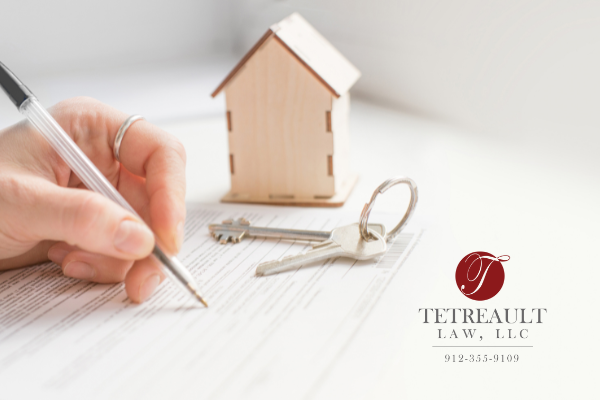
The Risks Associated With Co-owning Your Home With Your Children
There is a common misconception that co-owning your home with your children is a smart move, especially if one parent is deceased. However, parent-child joint ownership of your home may actually create more problems than it solves.
Putting your children’s names on the deed to your home is often seen as a simple and inexpensive estate planning technique. Usually, the motivation for co-owning your home with your children is to avoid inheritance tax and probate or to ensure they acquire your home when you pass.
In this blog, we delve into why putting your child on your deed can actually cost you much more than you think.
Key Takeaways
- Adding a child to the deed of your house can create complications and may not achieve your goals in the long run.
- As a legal co-owner of your house, they would have to consent to the sale of the home.
- Even a child who handles money responsibly can be sued, which would expose your home to creditors if they are a co-owner.
- Should your married adult child become party to a divorce action, their spouse could claim that your house is subject to equitable distribution as a marital asset.
Legal Issues with Co-owning Your Home With Your Children
Title Issues
Adding a child’s name to a deed gives them an ownership interest in your home. As a result, you cannot sell the home or refinance your mortgage without your child’s permission. Technically speaking, your child could even sell their share of the property without your consent.
Even if you are in agreement about selling or borrowing against the equity in the house, your child’s creditors could place a lien on the house based upon judgments they may have against them. A tax lien could even be filed against your house should your child run into tax problems.
Creditor Claims
If your child is on the title to your home, then their share of your home may be subject to their creditor claims. This includes claims from credit card companies, lending companies, or liability claims stemming from an accident. Your home could also be at risk if your child is required to pay criminal restitution.
Divorce Claim
If your child goes through a divorce, the court is required to divide the parties’ property equitably. If your child is on your deed, then your home is technically your child’s property and subject to division by the court. Meaning your child’s former spouse may be entitled to a share of your home. Most of us think this will never happen to our children, but divorce rates are as high as 50%. Therefore, adding them to your deed is not worth the risk.
Bankruptcy Claims
If your child files for bankruptcy, the bankruptcy court may be entitled to their share of your home. Remember, by placing their name on your home, you are gifting them a share of the property. As a result, your child’s share of your home may be sold to satisfy their debts.
Be sure to consult an estate planning lawyer before you add a child’s name to your deed.
Contact a Savannah Estate Planning Lawyer
There are options for transferring ownership to a child that can avoid these problems—living revocable trusts, irrevocable trusts, grantor trusts with the right to live in the house until death, family partnership, or LLC, etc. The best option will depend on what you want to accomplish.
An experienced Savannah estate planning attorney can provide advice on how best to use the tools provided by Georgia law to accomplish your objectives without bringing about any unintended consequences. Contact us today at (912) 355-9109 or go online to schedule your appointment today.
